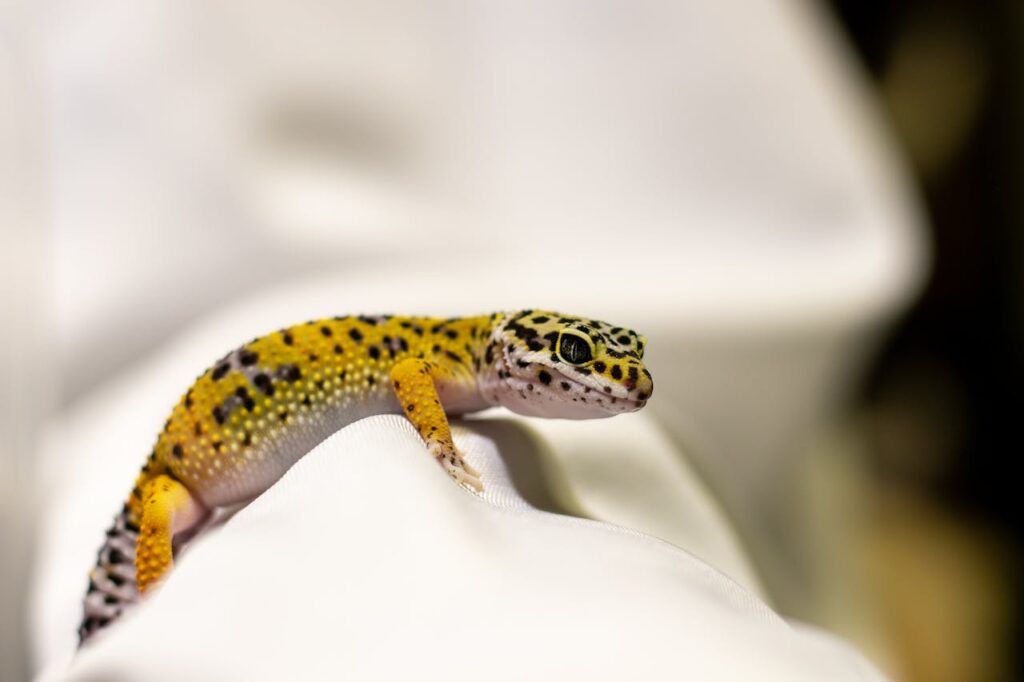The allure of unusual things can be strong, and exotic pets such as snakes, sugar gliders, and even primates can seem like attractive additions to the household. However, before you bring home that charismatic chameleon, it's important to understand the potential health risks involved.
IFAW campaigner Mark Hofberg highlights the downsides of owning exotic pets, including conservation impacts, disease transmission and illegal trade.
Do exotic pets transmit diseases?
Many exotic animals carry zoonotic diseases, which can be transmitted from animals to humans. This is because their natural environment often harbors bacteria and viruses that our bodies are not equipped to handle.
For example, reptiles such as bearded dragons and iguanas commonly carry salmonella and pose a risk to human health. Although the reptile itself may have no signs of illness, bacteria can easily contaminate the environment and spread to humans through contact.
Other zoonotic diseases associated with exotic pets include:
- Herpes B virus of monkey origin
- Psittacosis caused by birds (parrot fever)
- Ringworm, a fungal infection that originates from various mammals
Protect yourself and your exotic pet
The good news is that responsible owners can significantly reduce the risk of zoonotic disease transmission. Here are some important precautions:
- the study: Before adopting an exotic pet, thoroughly research the pet's unique health risks and proper care requirements.
- Hygiene is key: Always wash your hands thoroughly with soap and water after handling your pet or its enclosure.
- Separate spaces: Keep your pet's habitat away from food preparation areas and don't let them roam freely around the house.
- Veterinary care: Regular health checkups by a veterinarian familiar with exotic animals are essential to monitor the health of your exotic animal and minimize the risk of disease transmission.
ethical considerations
Owning an exotic pet comes with responsibilities that go beyond just your own health. Capturing and trading many exotic animals can be cruel, so consider whether a well-researched conventional pet is suitable for your home.
Things to note about exotic pets
Exotic pets can make fascinating companions, but remember that their wild heritage comes with potential health risks. By taking the necessary precautions and considering the welfare of the animal itself, you can make an informed decision about whether an exotic pet is the right choice for you.
Click here to read more articles by Dumani Moyo
Artificial intelligence helped edit this article.

